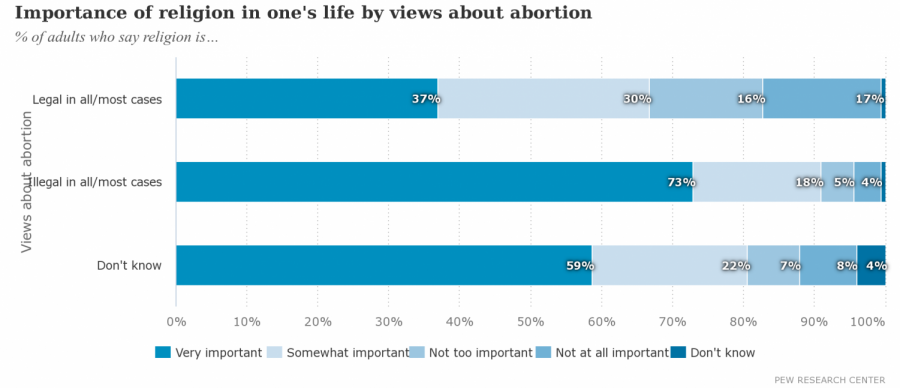A mishap in Haiti has highlighted a major issue in society today: overseas adoption.
Ten Americans from the New Life Children’s Refuge, a U.S. charity group dedicated to rescuing Haitian and Dominican orphans, were arrested in an attempt to smuggle 33 Haitian children out of Haiti. Thus far, reports have shown that the group bypassed all lawful procedures. In fact, most of the children were not even orphans.
But it’s not only well-meaning American citizens who are attracted to overseas adoption — celebrities are as well.
Last year, Madonna tried to adopt a second Malawian child, but was denied by a judge who cited child trafficking problems.
Then we have Angelina Jolie, who has adopted children from Vietnam, Ethiopia and Cambodia. Next step: She changes their names and designates her preferred, catchy names — like what you do when you get a new pet.
So what is it about adopting children from exotic places like Haiti, Malawi and Ethiopia?
Is it just another vain societal trend? Is it a genuine philanthropic act? Or is it just easier to adopt a kid from these countries than it is in the United States?
Well, it is a combination of the three aforementioned reasons.
To think that it is another societal trend is not overkill or an insensitive hypothesis.
I mean, when scandalous Hollywood stars are the main proponents of a cause, the line between reality and propaganda becomes a very thin line to walk — no matter how selfless the act might seem.
Truth be told, when I turn on the television and see stars like Angelina Jolie adopting children from developing countries, I am initially outraged.
The thought that these children are about to become a trendy object for a vain movie star always overshadows the seeming good.
To confirm this, I ran into a social networking online game last week called “My Minx,” which was developed in Britain.
And you would be shocked (or maybe not) to know that one of the virtual fashion accessory options was an African orphan. I kid you not.
How disgusted and hurt I was, not only as an African, but as a human being. What was even more hurtful was the idea that this dehumanizing act might just be as true as depicted by the game.
But that is not to castigate everyone, because some adopt for very genuine purposes. Some are moved by sincere compassion and love, and hence find themselves adopting these children.
During a layover in Frankfurt two years ago, I had a conversation with an American woman who had just adopted a child from Ethiopia.
She explained that she went to Ethiopia to adopt a five-year-old orphan because she had been moved by the traumatic circumstances through which the orphaned girl lost both her parents to AIDS.
She went on to further explain to me that she was a single mother whose children were all grown, so she had ample time for parenting. Now that’s a genuine philanthropic act.
Another major reason most Americans seek to adopt overseas and not in the United States has a lot to do with the system.
According to the U.S. Department of Health and Human Services, there are about 460,000 children in U.S. foster care.
But the red-tape and bureaucracy proves to be a hindrance for well-intentioned folks. The cumbersome process usually takes years rather than months, leaving many disenchanted and seeking other means of adoption.
This is a genuine problem that needs to be fixed so sincere people have easy access to kids in the U.S. and dubious individuals do not find the perfect smokescreen to further their dehumanizing acts.
But aside from all these issues, the real bone of contention remains: Is adopting a child from poor countries the most effective way of bettering the child and the child’s country in general?
Look for my response next week.
Food For Thought: Parenting is more than just a matter of convenience. It is the most gratifying, selfless act devoid of fakery.




